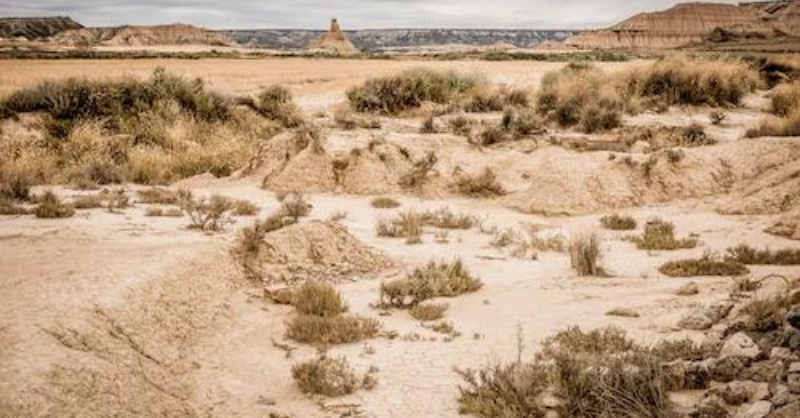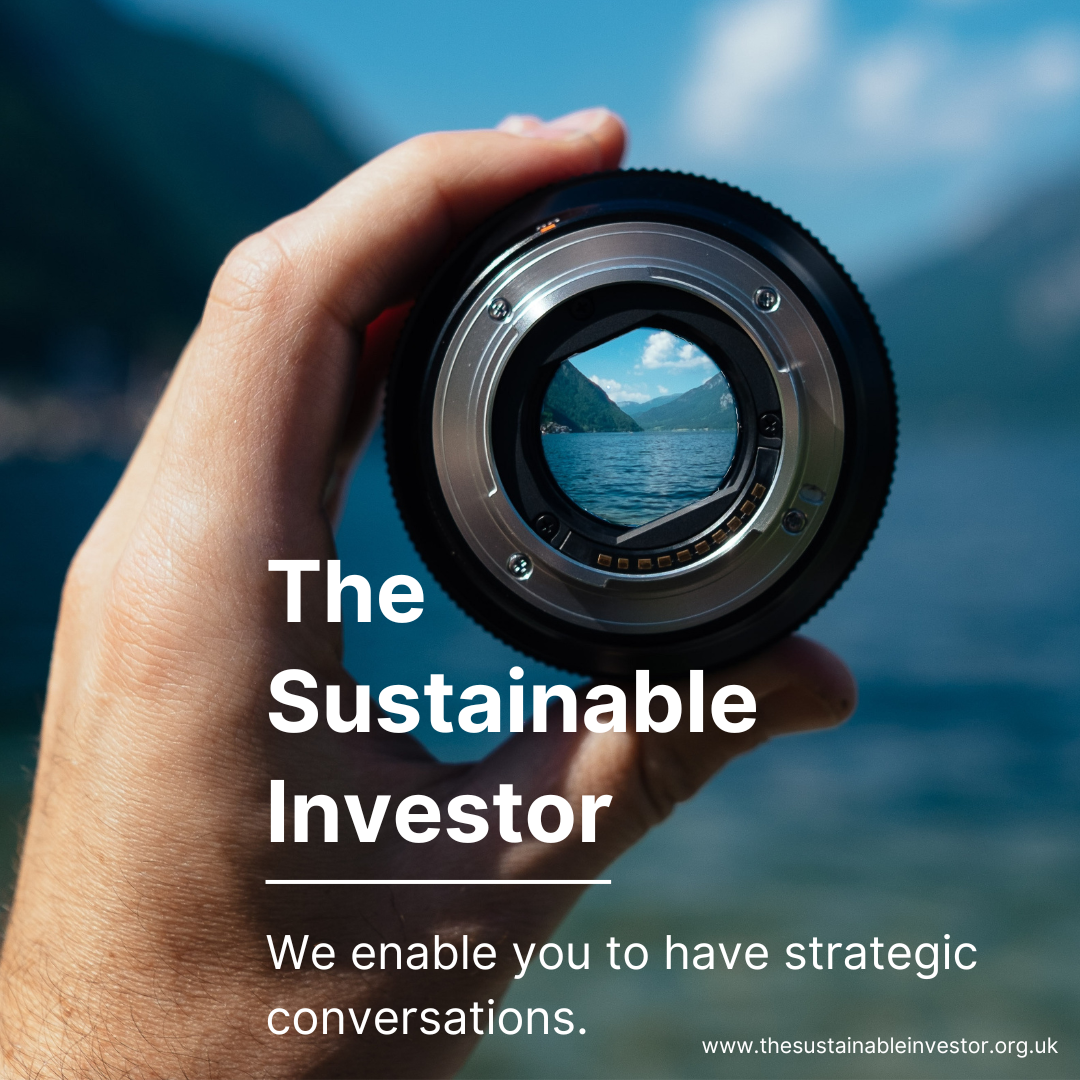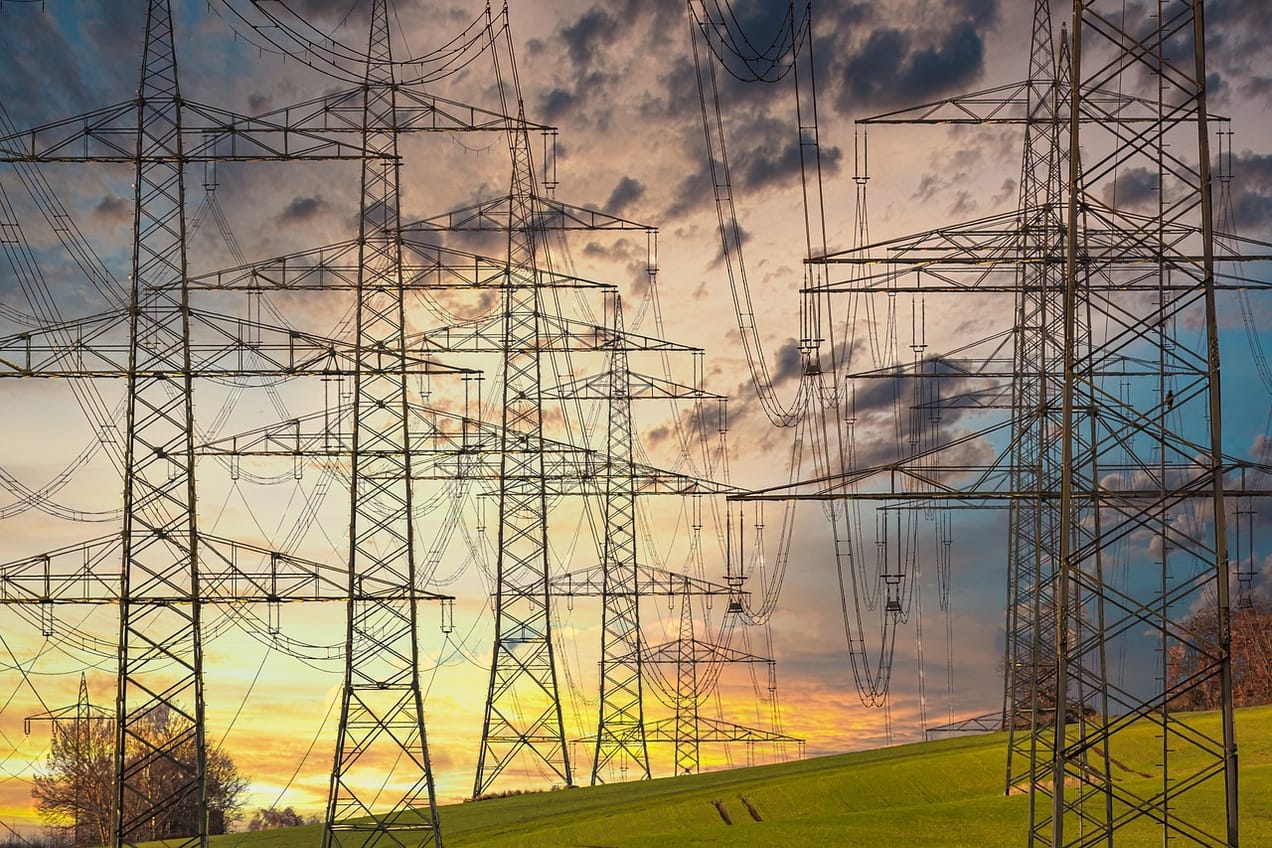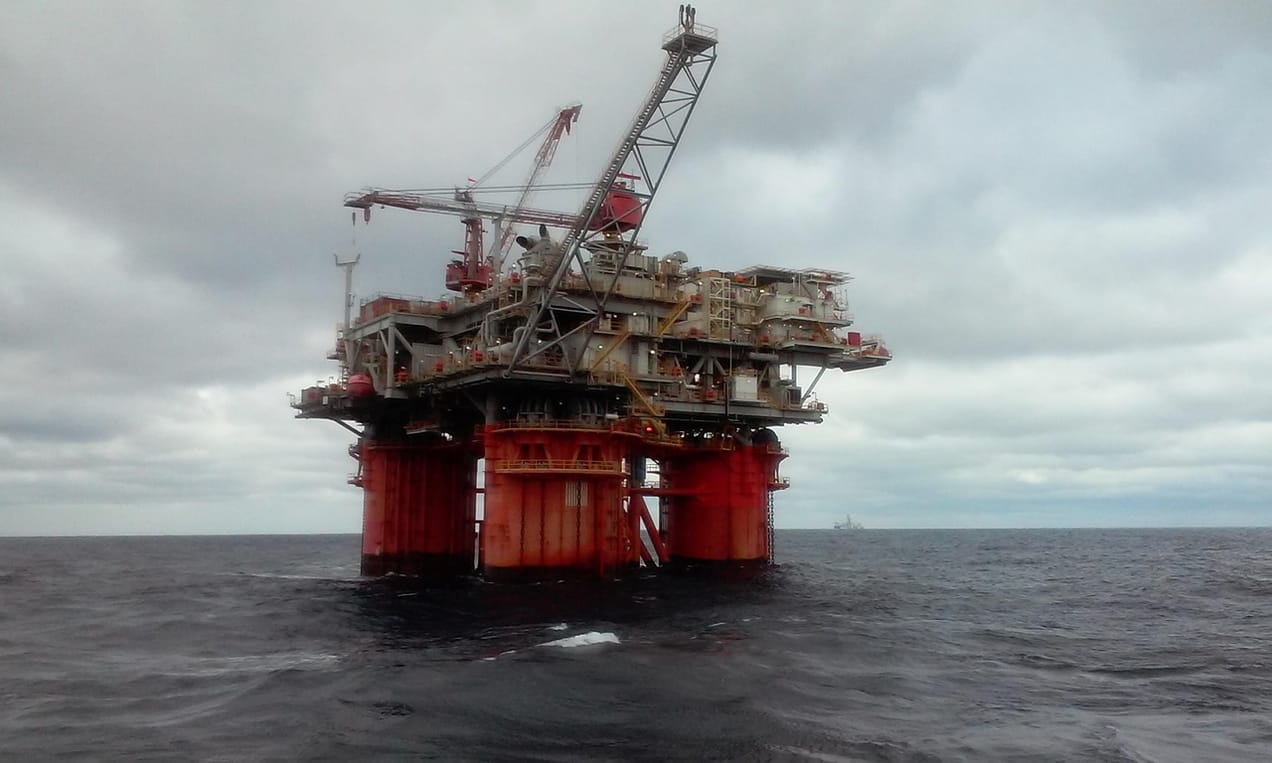
Making money from coffee waste
Global coffee production delivers more than 23 million tons of waste every year. There are innovative uses, including using it as a feedstock in biodigesters, and potentially as a raw material for the production of higher value nutraceuticals.
Summary: Global coffee production delivers more than 23 million tons of waste every year. While some of this is still dumped, much of it is composted to produce fertiliser, a useful but rather low value by-product. But there are more innovative uses, including using it as a feedstock in biodigesters, and potentially as a raw material for the production of higher value nutraceuticals.
Why this is important: There is the obvious angle of enhancing the value of a crop (in this case coffee beans), by changing our thinking about what is 'waste'. But there is another angle - impact. According to Fairtrade 25 million smallholders produce 70-80 percent of the world’s coffee. Many of them live an almost subsistence existence, so helping to expand their revenue sources can help enhance the resilience of their communities. So a double win, but sadly (as is often the way in sustainable investing), not an easy one.
The big theme: Agriculture is not only a major source of GHG emissions, it's also the main cause of biodiversity loss and land degradation. Plus, agriculture sits at the intersection of a number of UN Sustainable Development Goals (UN SDGs). Reforming agriculture is going to require massive social and economic change, and a lot of disruption - to the crops we grow, their production methods, to supply chains and to employment.
Alternative uses for coffee waste might seem a niche topic, too small to be worth reading about. But the lessons we can take from this have much wider importance. They illustrate that while the sustainability transitions are partly about regulation and technology, they are also about thinking about challenges in a different way. And they are complex.
In this case its about thinking about waste as a possible resource. And its about taking a wider view. Again in this case about creating impact by making rural communities more resilient. This is going to be one of the key sustainability themes of the coming decade, the future needs to look different from the past. As investors and company sustainability professionals, we need to be prepared, to avoid being reactive.

The Detail
Summary of a research report published in Materials for Renewable and Sustainable Energy
- Coffee by-products are a renewable, plentiful, cost-effective, and mostly untapped resource that could be used as a biofuel feedstock. However, the energy efficiency and biofuel yields are mostly determined by the biofuel production technologies. A significant portion of coffee production waste is now underutilized due to a lack of comprehensive uses, resulting in considerable environmental deterioration, health difficulties, and toxic phenolic chemical release into wetlands.
- However, biogas yield from untreated coffee waste is reduced due to the presence in the waste of lignin. This limits the necessary bacterial growth that ferments the sugar monomers, and results in insufficient hydrolysis of cellulose and hemicellulose fibres. In other words, the very characteristics that make the outer layers so good at protecting the coffee bean, mean that it needs more pretreatment before it can become a suitable raw material for producing biogas.
Why this is important
- Most of what we read in relation to 'recycling' coffee waste relates to what happens to the disposable cups, and what we can do with the used coffee grounds. So, the end user part of the process. But the bulk of the waste produced comes from upstream, from the processing of the coffee beans. It is estimated that each kg of coffee produced using the dry processing method generates 0.5 kg of coffee pulp and husk. This falls to 0.2 kg if the wet process is used, but then you have a lot more 'polluted' water to dispose of safely. The good news is that coffee waste could make a good feedstock for the production of biogas, and we know that we will need more of this over time.
- There are two main challenges to practically turning coffee processing waste into a suitable input for the production of biogas. The first is chemical. As the Sugebo article above highlights, delignification of coffee by-products is essential prior to biofuel production. Various techniques already exist, including ozonolysis, the use of ammonia, and hydrothermal treatments such as steam explosion. And, researchers are experimenting with biological processes. The bottom line is that while technical solutions are available, they add to the complexity of the process. The good news is that suitably pretreated coffee waste can produce biogas yields that are similar to feedstocks such as corn waste.

- Which brings us to the second challenge - who pays. As we highlighted in a recent blog, farmers are often the least able to fund the upfront capital cost required to modernise and upgrade their operations. This is particularly the case with coffee farming, where the farmers often only capture a small percentage of the end value of the product. We shouldn't judge the profitability of coffee farming by the cost of a premium cup of coffee in New York or London.

- Close to 60% of global coffee production comes from farms of less than 5 hectares, often in remote areas. According to Enveritas, as of 2019, 44% of the world's smallholder coffee farmers are living in poverty and 22% are living in extreme poverty. The majority of coffee farmers living in poverty are concentrated in six East African countries. These countries account for approximately 63% of the world's coffee farmers living in poverty and 71% living in extreme poverty. The region is characterized by low coffee yields that result in low income to these farmers.

- In addition, the majority of smallholder coffee farmers lack access to high-value markets for sustainable coffee. Many of the actions needed to reverse this relate to providing the farmers with tools to improve production yields, but other relate to the economics of verifying what the farmers are doing on the ground.
- This means that we need to find new ways of bringing capital into the industry. As with the earlier farming blog, we argue that the branded coffee producers have a role to play, probably through organisations such as World Coffee Research. And as with soil degradation, it is in the industries best long term interest to improve the sustainability of coffee production, especially given the potential impacts of climate change.
- But, on it's own, this is unlikely to be enough. We need the industry to work with funding agencies, specialist asset managers, investment banks, and philanthropists to come up with blended capital solutions. As Harald Walkate points out in his really useful blog on this topic - blended capital is really just an old concept (of public private partnerships) brought up to date. Its aim is to 'make hard to finance projects investible'.
Something a little more bespoke?
Get in touch if there is a particular topic you would like us to write on. Just for you.
Contact us
Please read: important legal stuff.


